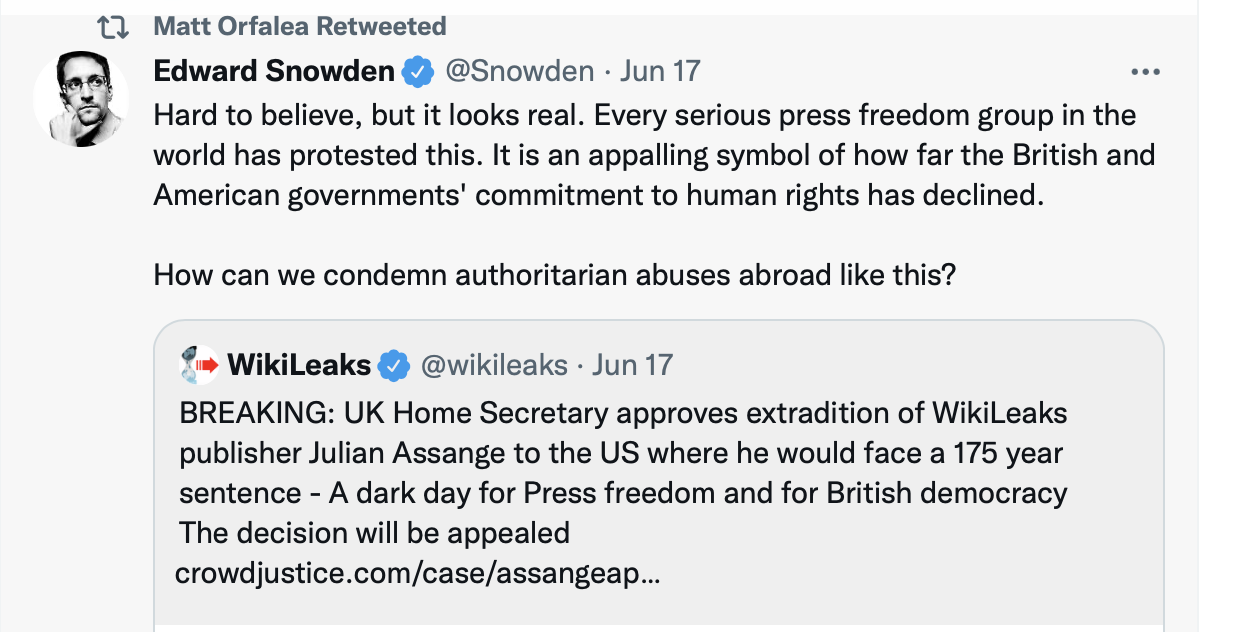Ag-Gag Law Struck Down
An Ag-Gag Law has been struck down by an Iowa Federal Court. Trespass is already prohibited and those who trespass can be punished for trespassing. Ag-gag laws go further and impose additional penalties on those who seek to engage in free speech regarding the things they notice while trespassing. Here is an excerpt from the Des Moines Register:
A federal judge has struck down the third attempt by the Iowa Legislature to stop animal-welfare groups from secretly filming livestock abuse, finding once again that the law passed last year violates free-speech rights in the U.S. Constitution.
The decision Sept. 26 rejected the law approved by Iowa lawmakers in April 2021 that makes it a crime to trespass on a property to place a camera to record or transmit images. The law, which had support from Republicans and some Democrats, made the first offense punishable by up to two years in prison and subsequent offenses a felony.
The case is one of many so-called ag-gag laws that have surfaced in the U.S. in recent years that pit the right of farmers to protect their property from trespassers against animal-welfare advocates. Farmers argue intruders could track in disease and want to unfairly portray their livestock practices, while animal-welfare groups say producers don't want the public to see how farm animals are treated.
Here is the conclusion of the court:
[T]he Act provides protection with respect to the exercise of a First Amendment right. The United States Constitution does not allow such a singling out of the exercise of a constitutional right. The decision to single out this conduct is most plainly shown by Defendants' description of the Act as “enhancing the penalty for conduct that is already prohibited by law.” That is the issue with the law—it is enhancing a criminal penalty based on the exercise of speech (or a predicate component of speech). The law does not limit its reach to specific instances of using a camera, such as a peeping tom situation. Rather, the Act only punishes a trespasser exercising a constitutional right. Section 727.8A burdens the exercise of speech and Defendants have not proffered a sufficient justification for such a burden.
The case is ANIMAL LEGAL DEFENSE FUND, PEOPLE FOR THE ETHICAL TREATMENT OF ANIMALS, INC., BAILING OUT BENJI, FOOD & WATER WATCH, and IOWA CITIZENS FOR COMMUNITY IMPROVEMENT, Plaintiffs, v. KIMBERLY REYNOLDS, in her official capacity as Governor of Iowa, TOM MILLER, in his official capacity as Attorney General of Iowa, Case No. 4:21-cv-00231-SMR-HCA, United States District Court, S.D. Iowa, Central Division.

